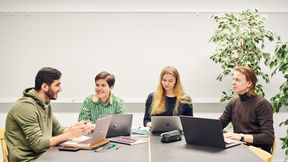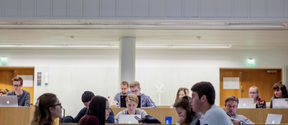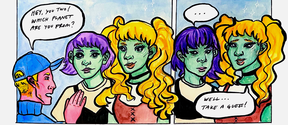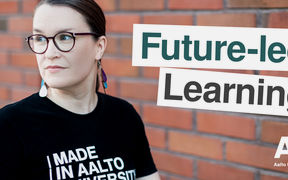Feeling safe affects how individuals envision what happens if they speak out, try new things and how comfortable they feel in their surroundings. But not only that, this affects a person's ability to learn, focus and act in an organized manner. Feeling unsafe in teaching and learning situations might lead to lack of participation and interaction, not sharing and experimenting and not feeling included.
Adopting these guidelines supports achieving learning goals: they help clarify expectations, cultivate a sense of belonging among students, and facilitate students’ ability to engage productively with one another across their differences, and develop their transferable skills. Every teacher can contribute to the development of supportive environment by creating a community in which all students feel a sense of belonging and a willingness to engage in discourse. You can start with your own course or a student group.
How to start?
One of the core practices could be to start the course by collectively agreeing on inclusive interaction guidelines. This means common guidelines for sensitive and considerate communication that are agreed with all students and staff. These guidelines should be discussed and agreed together. Return to these guidelines also during the course if needed.
A suggestion for guidelines to be copied and modified for your course or other event is available at the bottom of the page.
Remember also to discuss the intended learning outcomes, content and the evaluation criteria with your students. Make sure that students understand these and revisit these goals during and at the end of the course to see if they were reached. Use various feedback methods, in addition to teacher lead feedback, also peer feedback and anonymous feedback are something to consider. Use the opportunity to collect feedback during and at the end of the course to develop your teaching further.













